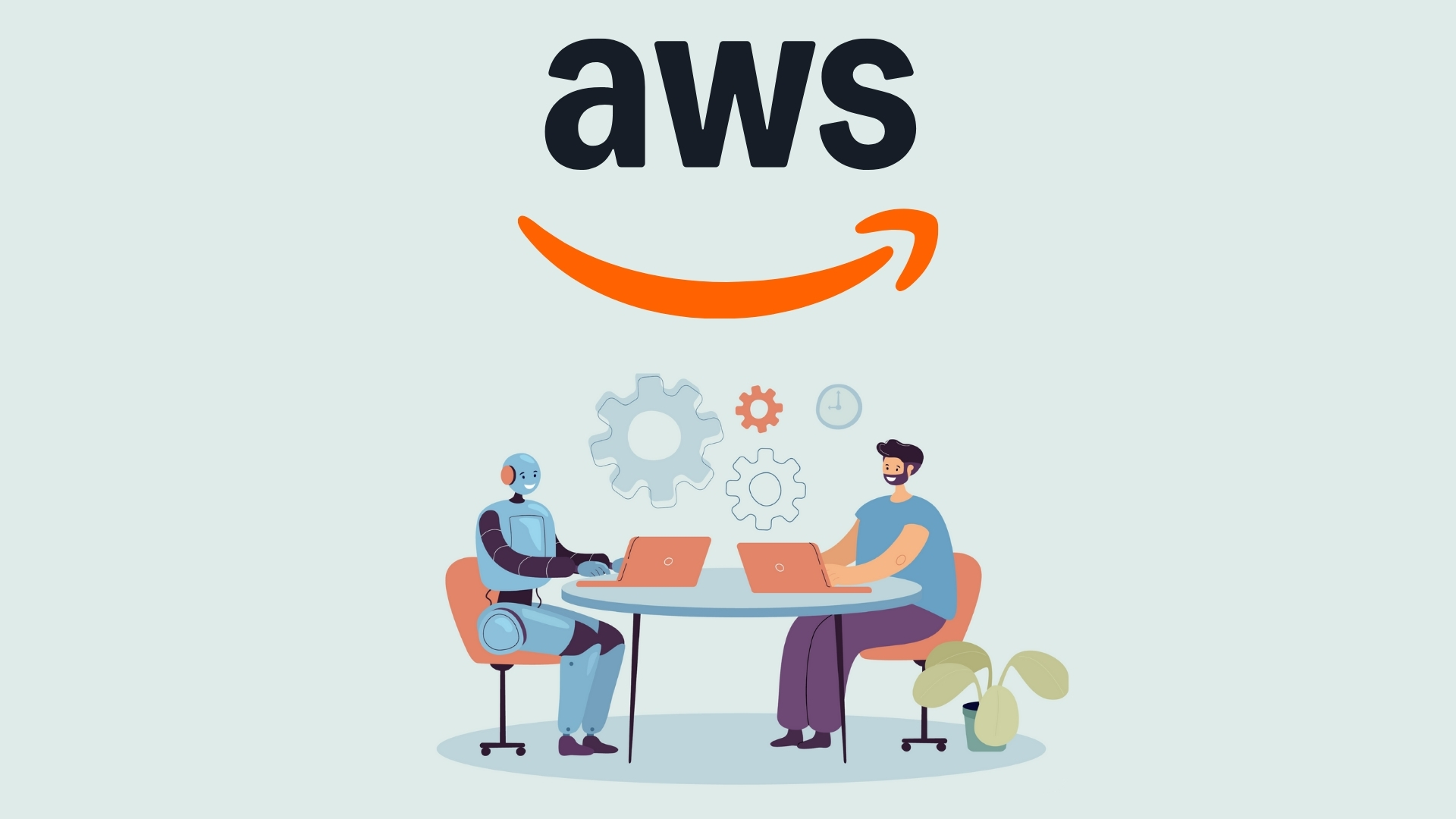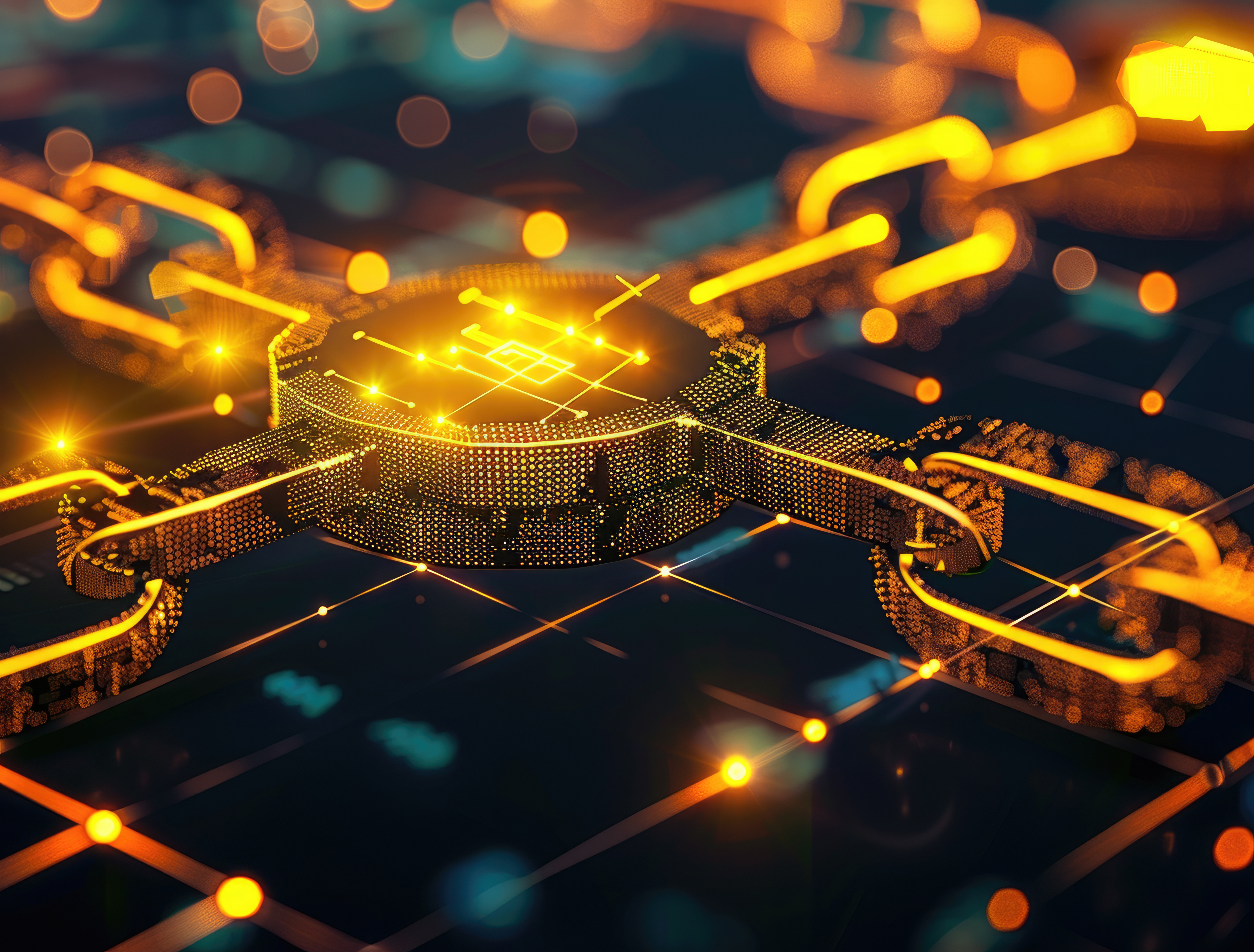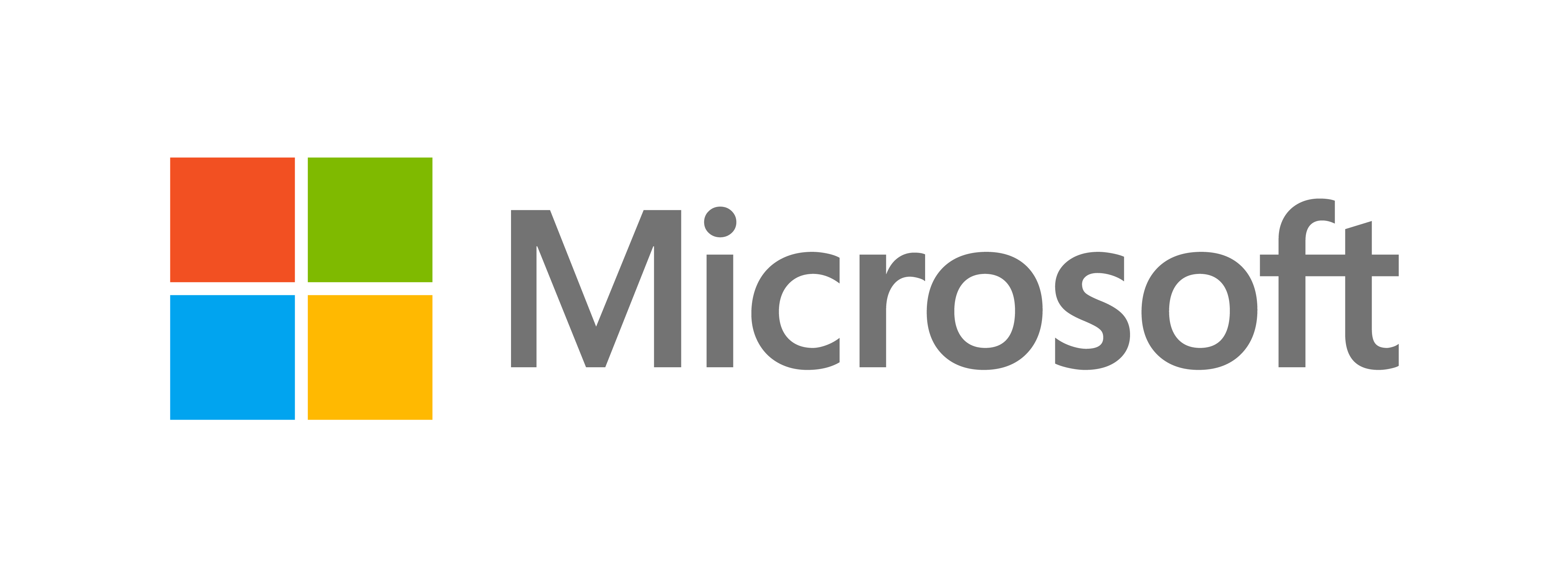AWS is launching four solutions to help close the AI skills gap as demand rises and job requirements shift. The company positions the new tools as a comprehensive learning journey, offering structured pathways that progress from foundational knowledge to hands-on practice and formal validation.
AWS Skill Builder now hosts over 220 free AI courses, ranging from beginner introductions to advanced topics in generative and agentic AI. The platform enables learners to build skills at their own pace, with flexible study options that accommodate work schedules.
Practical experience anchors the new suite. The Meeting Simulator helps learners explain AI concepts to realistic personas and refine communication with instant feedback. Cohorts Studio offers team-based training through study groups, boot camps, and game-based challenges.
AWS is expanding its credential portfolio with the AWS Certified Generative AI Developer – Professional certification. The exam helps cloud practitioners demonstrate proficiency in foundation models, RAG architectures, and responsible deployment, supported by practice tasks and simulated environments.
Learners can validate hands-on capability through new microcredentials that require troubleshooting and implementation in real AWS settings. Combined credentials signal both conceptual understanding and task-ready skills, with Skill Builder’s more expansive library offering a clear starting point for career progression.
Would you like to learn more about AI, tech, and digital diplomacy? If so, ask our Diplo chatbot!










